Dear FAV Advocates,
One of my former students from West Point recently reminded me that I taught the rule of LGOPs to the class. LGOPs, an acronym from the airborne infantry community, stands for Little Groups of Paratroopers. In World War II, during airborne drops, troops would be scattered across the French or Italian countryside. They would quickly band together and begin wreaking havoc on the enemy forces, cutting communication lines, disabling tanks, and conducting ambushes. This ability came from the American culture of inspiring soldiers to take the initiative.
It reminds me of the power of small groups of people in our civic life. A determined group of citizens can band together to affect change in their community. It just takes a few and reminds me of one of my favorite quotes of all time, from Margaret Mead, “Never doubt that a small group of thoughtful, committed citizens can change the world; indeed, it’s the only thing that ever has.” Citizenship is not a spectator sport. Join the little groups of people in your community and enjoy the impact of serving a cause greater than yourself.
Citizenship is not a spectator sport! If you like our newsletter, please share with a friend!
Steve
Symposium Update
FAV continues to work on creating an exciting experience for our fourth annual National Symposium. We will explore Polarization in the Public Square. Thank you to all who have already registered. We only have a few VIP level tickets remaining. If you would like to join us on Capitol Hill Friday evening, September 20th, for a private tour and reception of the Capitol Building, get your ticket before August 30th. We will not be able to guarantee VIP tickets after that. You’ll get the chance to meet many of the speakers for the Symposium, hear from sponsors, and view the artwork inside the historic building.
Buy one, get one free! Are you a previous Symposium attendee? Buy a ticket before August 30th and bring a guest free.
Register yourself at the link and email [email protected] to get your guest registered.
Are you traveling and need a hotel room for the Symposium? Don’t wait! We only have a few rooms in our 50% off discount block at the Marriott. Click on the link below to book a room.
Hotel Accommodations:
Washington Marriott at Metro Center
775 12th Street NW Washington, District of Columbia 20005
We have secured a great group rate of $179/night plus taxes. To make your reservation just click or copy and paste this link: https://book.passkey.com/e/49959701
In the News
Facebook, Twitter say China ran disinformation against Hong Kong protesters: Read More
From the Freedom Forum Institute at the Newseum. Katharine Kosin and Kirsti Kenneth reflect on the renewed public discussion of potential consequences of conspiracy theories, the presence of places they live on the internet and ways to stop the spread of this damaging misinformation: Read More
San Francisco School Board May Save Controversial George Washington Mural – The New York Times: Read More
Upcoming Events
Symposium 2019, September 20-21st, Washington, D.C.
Symposium 2020, September 18-19th, Philadelphia

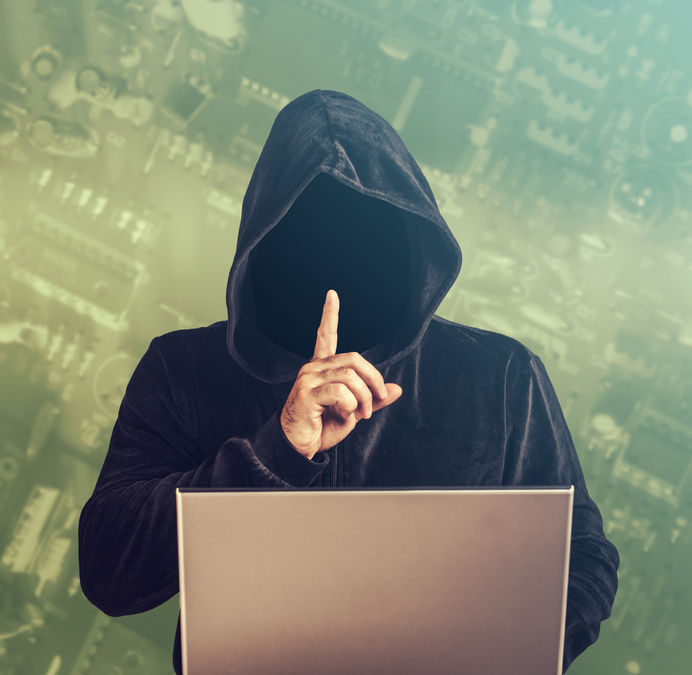
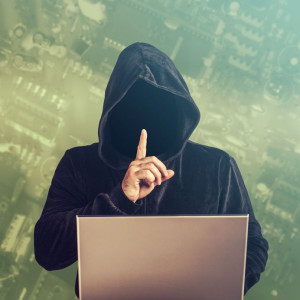 We all know the First Amendment protects freedom of speech, but in an era when people can post online under a pseudonym or without identifying themselves by a name at all — real or fake — the question arises: does the First Amendment also protect speech published or articulated by someone whose identity is unknown?
We all know the First Amendment protects freedom of speech, but in an era when people can post online under a pseudonym or without identifying themselves by a name at all — real or fake — the question arises: does the First Amendment also protect speech published or articulated by someone whose identity is unknown?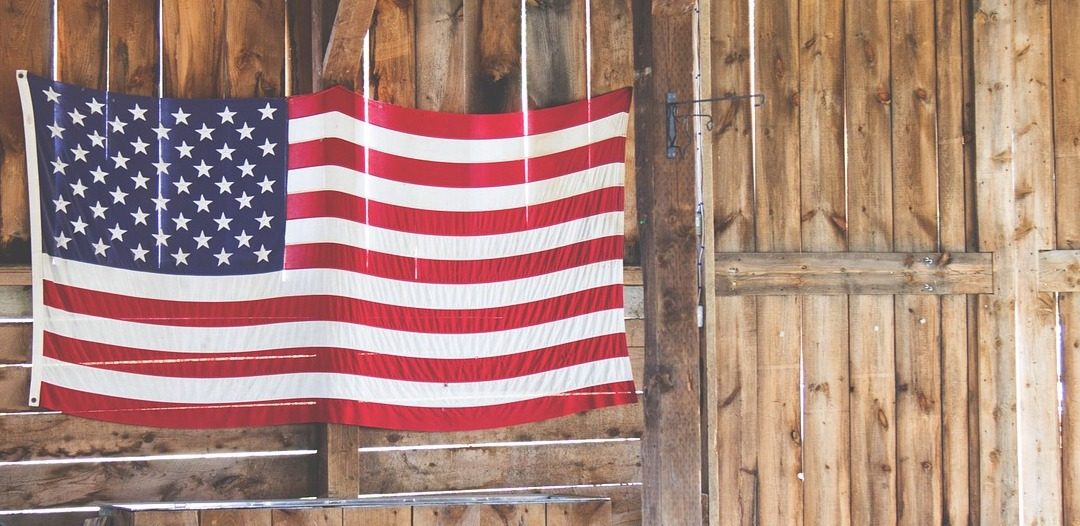
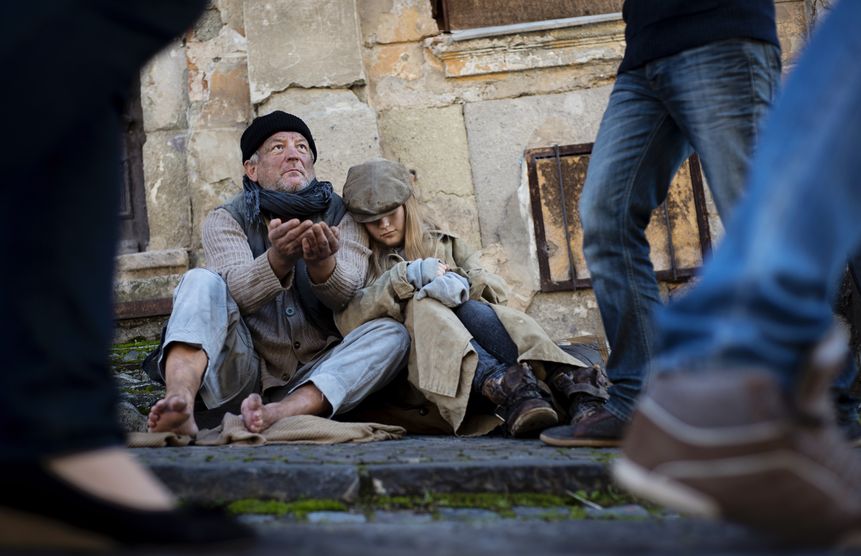
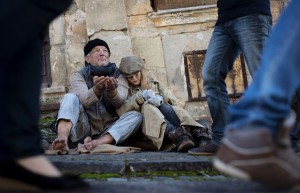 Many cities across the country have been restricting the practice of panhandling — begging or requesting money in public places. But are these laws potentially infringing on the panhandlers’ First Amendment right to freedom of speech? This question becomes more complicated when you take into consideration the differences between verbally asking strangers for money and the act of simply holding a sign that asks for money.
Many cities across the country have been restricting the practice of panhandling — begging or requesting money in public places. But are these laws potentially infringing on the panhandlers’ First Amendment right to freedom of speech? This question becomes more complicated when you take into consideration the differences between verbally asking strangers for money and the act of simply holding a sign that asks for money.



